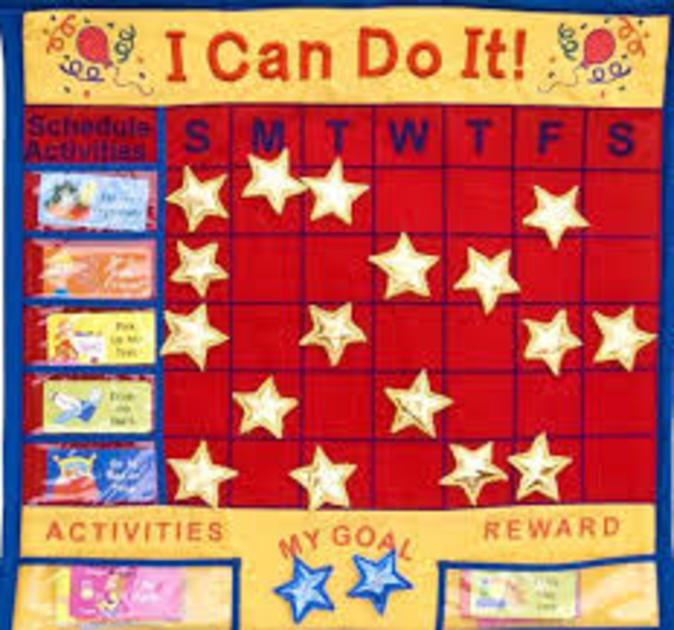
In today's day and age, there seems to be a popular belief that children should not be raised in the old method of reward or punishment. When we look around, however, it is apparent that many of our present problems with our children come down to our spoiling them, perhaps more so than in any previous generation. Although there is a need to praise more than to discipline, to reward more than to discipline, it is still essential to provide consequences when necessary.
This concept is a Torah concept called s'char v'onesh, and as many psychology books have taught us, the law of reward and punishment is key to raising children, dealing with staff, saying thank you to our spouses, and generally key to leading a good life.
When families are financially comfortable, it becomes that much more difficult not to spoil children; in today’s day and age, deprivation in any form is a lost concept. Many years ago, a couple came to me with an eight-year-old son who was thrown out of school due to misbehavior. When I privately asked the father how many games and toys his son had, he said he had around 10-12. When I asked the mother privately, she answered that her son had 150 toys and counting. I suggested to the parents to completely remove everything from their son as a first step to changing his behavior both at home and school. After much resistance from the father, they agreed to try. Within four sessions, their son was a new child who was re-accepted to his school.
Children need to know that there are consequences for their behavior, both positive and negative. This is not only a lesson for child-rearing, but more importantly, for life. Behavior charts do work if there is positive reinforcement, but only when there are consequences also instituted for negative behavior. In this regard, both the Torah concept and basic psychological concepts concur that this is necessary.
If you recall Pavlov’s theory in terms of stimulus and response, this also fits into this model of reward and punishment. Because every stimulus triggers a response, it is therefore necessary to be consistent and make sure the reward and consequence are in line with the happening. For example, instead of screaming and carrying on about getting the homework done, one can set up a system with check offs to make sure that homework is done before playtime, etc.
Another area of much concern is when the parent does all the work around the house and never assigns duties to the children. Although the mother might think it's easier for her to do everything herself rather than arguing with her children, this is a basic mistake in child-rearing. Not only do the children not learn responsibilities, but more importantly, they become entitled and think everything is coming to them automatically.
The concept of rewards and consequences applies as well to the more serious issues of teenagers who are on the streets, abuse drugs, or end up committing suicide. When children are raised without consequences for their behavior, the slightest criticism throws them off and they become despondent–both at home and in school.
Raising children is not only an art, it's also a science. Following the Torah's rules of life is a formula for success and has proven to be effective for thousands of years in raising generations of our Jewish children.
Rabbi Dr. Joel Rosenshein, Ph.D. is the founder of Ptach, former director of NYC Board of Education Evaluation and Placement, and former director of Mishkon. He is currently in private practice, focusing on marriage, children, and family issues. Dr. Rosenshein can be reached at 917-855-3362.
 Previous
Previous

